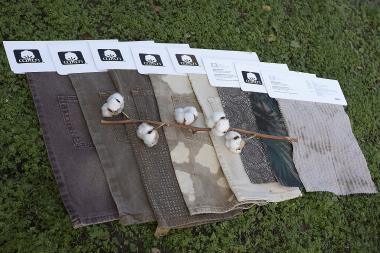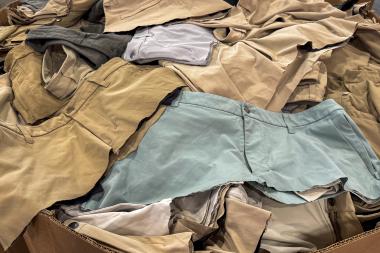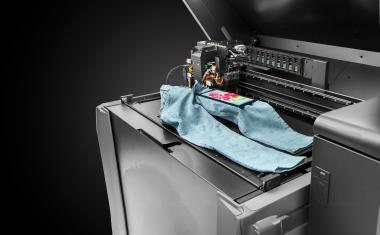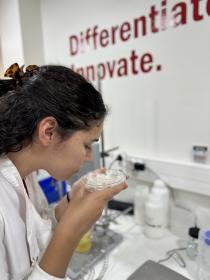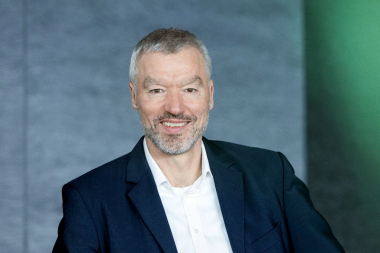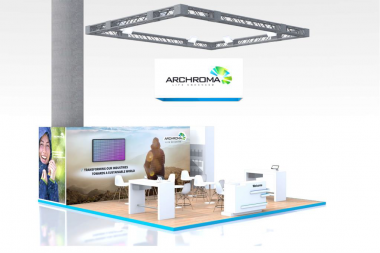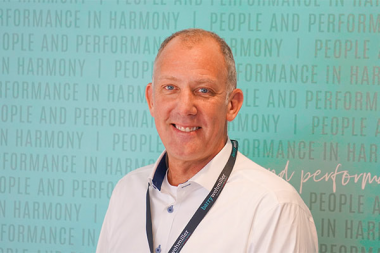Archroma and Cotton Incorporated renewed collaboration
Archroma and Cotton Incorporated, a research and promotion company for cotton, have renewed their eight-year collaboration to help accelerate the shift to more sustainable circular economy.
The two organizations began working together in 2016 when Cotton Incorporated approached Archroma with the goal of developing a dyestuff from the byproducts of cotton production.
The U.S., the world’s third-largest cotton producer and largest exporter, produces sustainable cotton fiber for the textile and apparel industry as well as cottonseed for food and animal feed. Cotton farming and processing also generate byproducts, such as burs, stems and leaves, that are used to create insulation, packaging, erosion control products, and more. Cotton Incorporated recognized the potential to use these natural byproducts to produce dyes.
Drawing on a century-long heritage of sulfur dye innovation, the Archroma research team was able to apply its patented EarthColors® technology to create DIRESUL® Earth-Cotton using cotton by products from the U.S. supply chain. An alternative to the usual oil-based dyes, Earth-Cotton allows brands to offer textile products in warm natural shades, using cotton to create both fabric and dye.
Archroma


